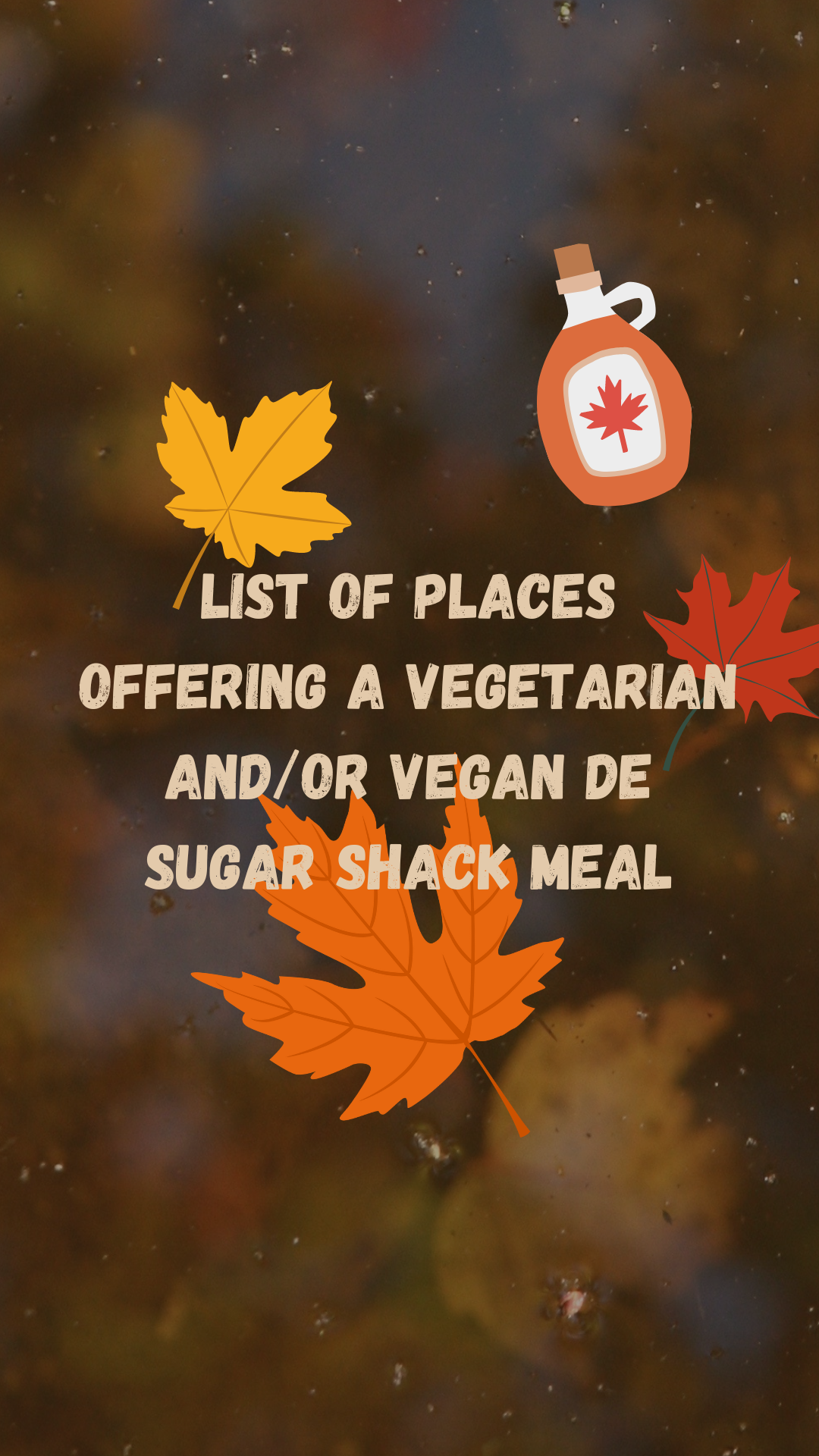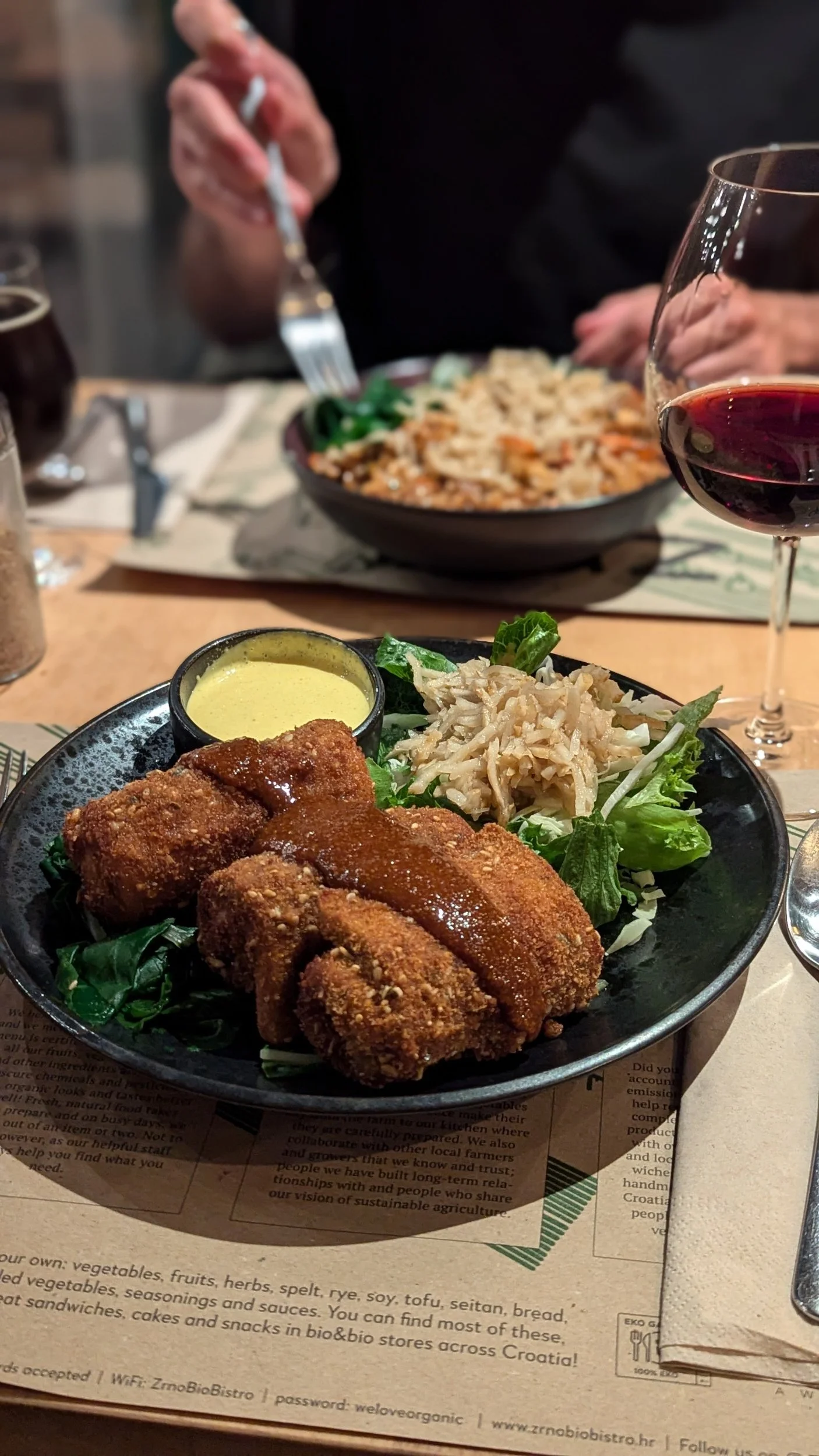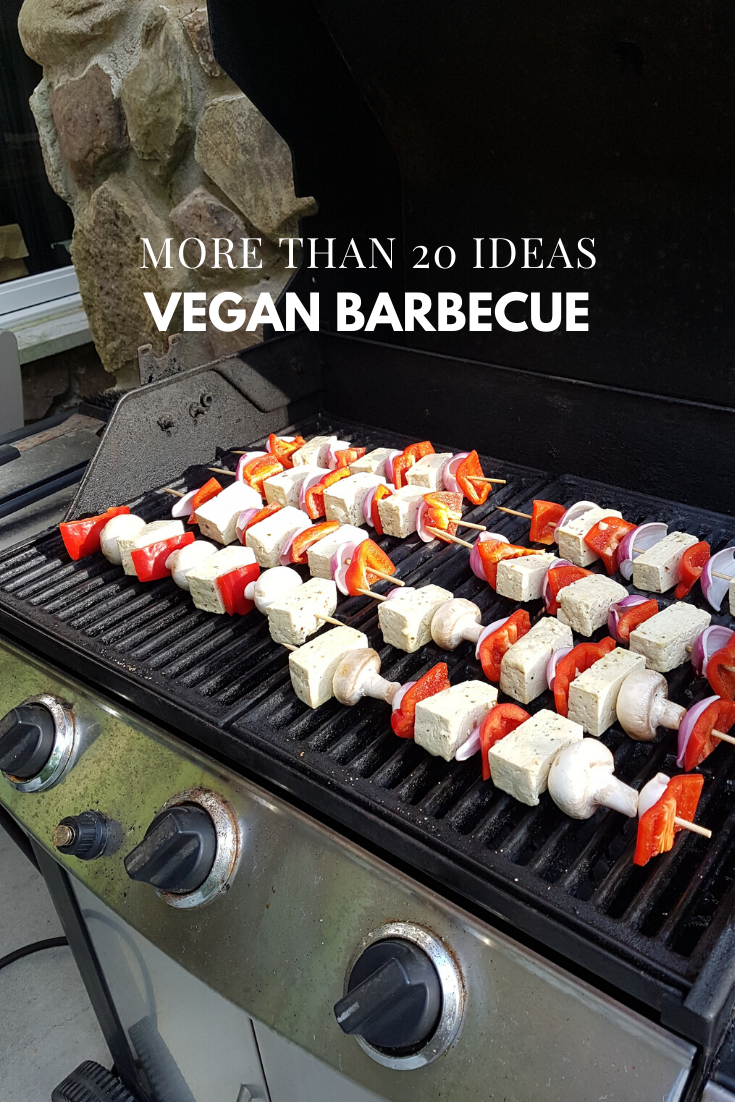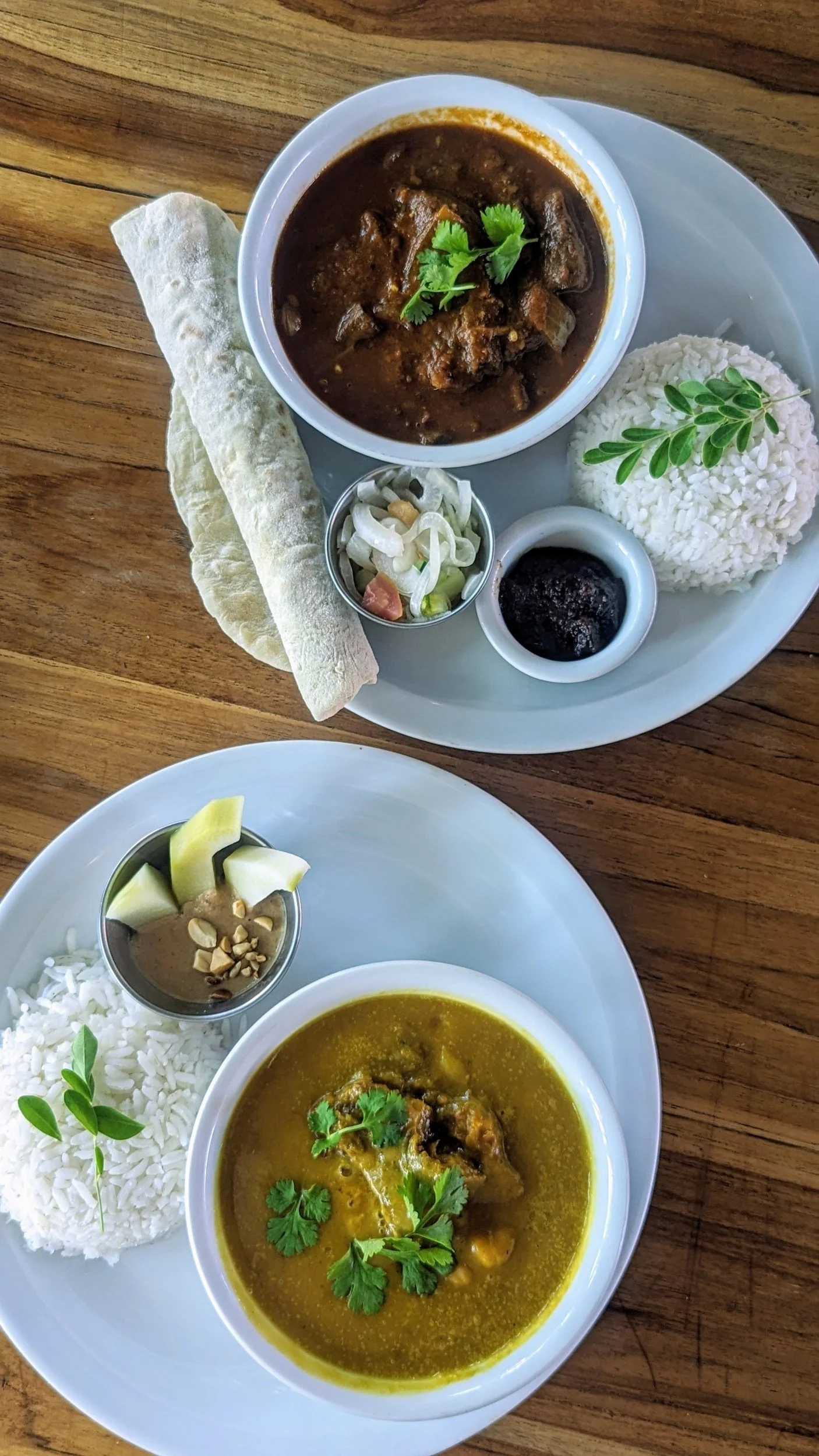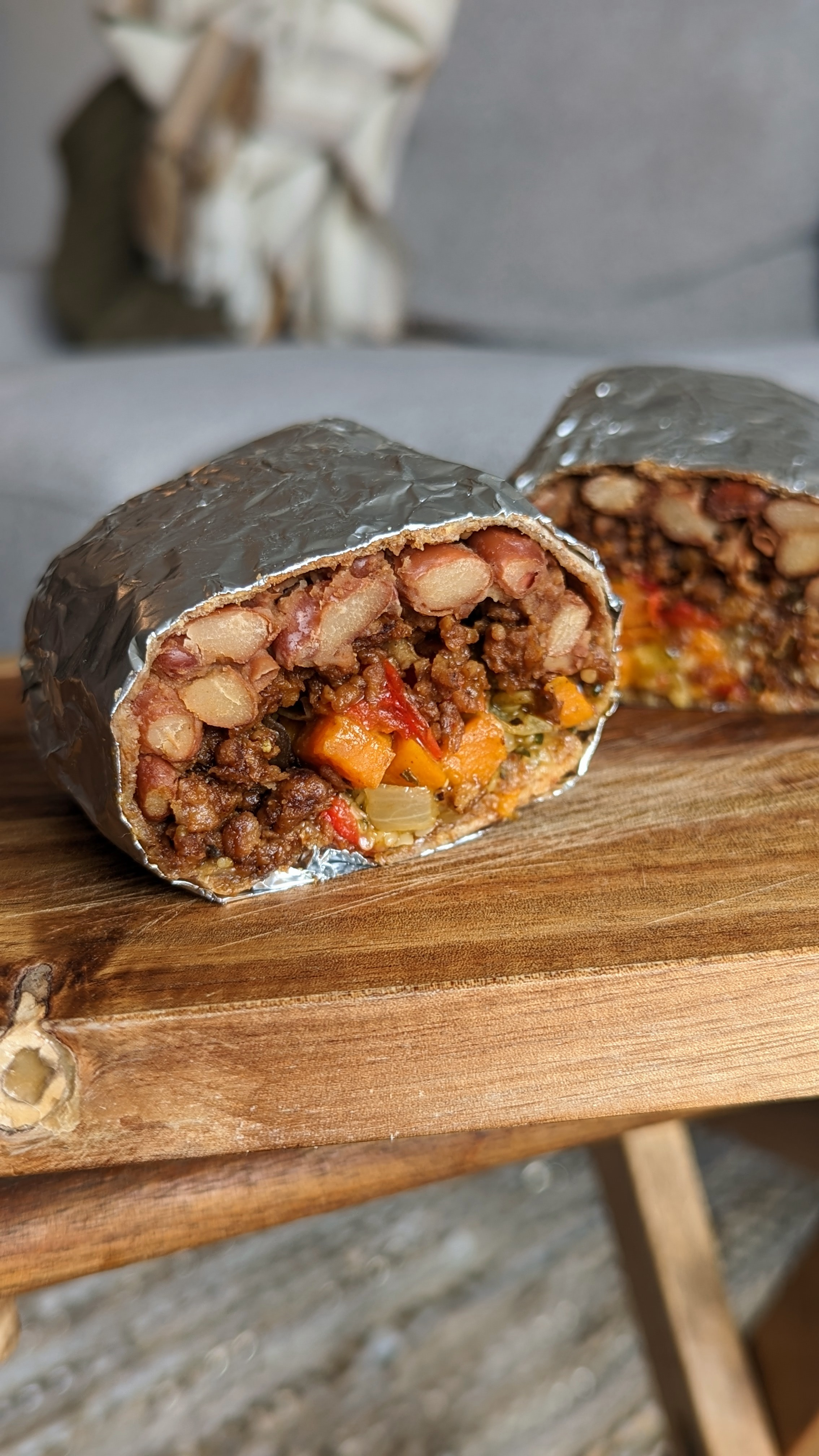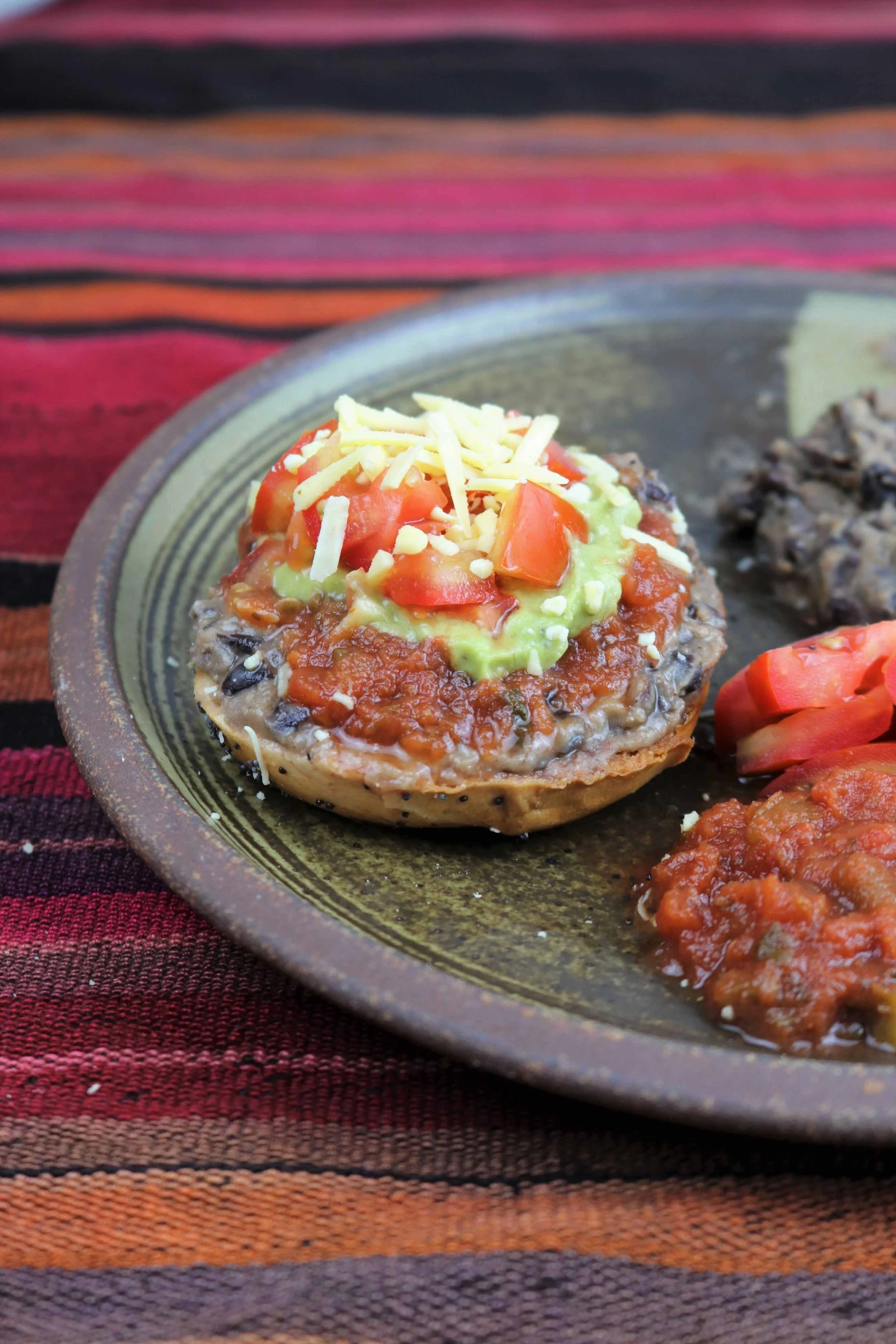How to reduce your pet's ecological footprint
Many vegans choose this lifestyle for environmental reasons; to reduce our CO2 and methane emissions, water consumption and much more! But our four-legged friend also has an ecological footprint! So how do we reconcile our desire to have a pet and to save the planet?
Food
Plant-based
It’s your own choice, but you could decide to give vegan food to your pet. Although dogs are omnivorous, it’s known that cats are carnivorous. According to Jean-Jacques Kona-Boun, Veterinarian, " It’s quite possible to develop plant-based dog and cat foods that meet their nutritional requirements and that meet the criteria of the American Feed Control Officials (AAFCO) and FEDIAF (European Federation of the Pet Food Industry) by incorporating the appropriate supplements ". In the case of cats, he adds that " if you feed them plant-based food, it’s recommended to have regular health examinations and blood / urine tests ".
However, to help in your reflection, remember that "it’s not the feeding of dogs and cats that is the driving incentive for the current production of meat and other animal products but rather the human consumption. Since the consumption of animal products by human beings will not stop until tomorrow, there’ll be long enough to make animal-based food for dogs and cats. "
* Quotes are translated from the French article
Treats
Whether you choose to offer your pet a plant-based diet or not, you can feed it with vegan treats. Indeed, the nutrients necessary for your pet are all found in his daily food, so treats can’t be responsible for food deficiency. It’s well known, dogs love peanut butter. Here is an example of natural and vegan treats found at Safari. Here are also 2 quick treat recipes, containing few ingredients, that you can find on my website: Banana & Peanut Butter Dog Treats & Homemade Dog Treats.
In bulk
Buy food in bulk to avoid the use of disposable packaging. For example, Bulk Barn sells dog treats.
Homemade food
You could also decide to make homemade food. Be careful that it contains all the necessary vitamins and minerals, leave to add supplements. You can look at the recipes from the dog section of my website.
Feces
Bags
Give a second life to your plastic bags (bread bags, bagel bags, etc.) by keeping them and using them to collect your dog's feces.
Shovel
If your pet is lucky and can enjoy a yard, use a shovel rather than a bag to pick up feces.
Pee pad
If your pet uses the famous pee pad, buy a reusable one that is machine-washable rather than disposable ones.
Litter
Some cat litters are bad for the environment because it can’t be recycled and contains chemical additives. Thus, more and more ecological solutions are developed such as compostable litter. In most cities, these can not end up in your compost bin (because pathogens could stay in it and contaminate the water or soil), but will naturally degrade at the landfill. Otherwise, it's great, you can compost!
To pick up litter, use bags that will degrade quickly like biodegradable bags, bags made of recycled plastic or brown paper bags.
Toys
Repair them
When a toy breaks, we take thread, a needle, patches, and we proceed to repair rather than overconsuming.
Throw away
If the toy is done, that you can’t repair it anymore, look at how to get rid of it on the Ça va où ? app.
If it’s a stuffed toy, drop it at Renaissance or another donation center. They sell old, stained and ripped donations in bundles which can be used for example to make rags or be sold outside the country. You could also bring them to H&M who recycles fabric.
Materials
We prefer toys made of natural and recycled materials as well as local businesses. In addition, we trade the leather bone for faux-leather.
Clothing
No need to use the fur or skin of another animal to dress our companion. So we buy coats and boots without leather or fur.
Sterilization
In order to avoid the proliferation of stray cats and the increase of the animal population in shelters, we sterilize our pet. Indeed, there’re so many animals that seek to be adopted in shelters and often end up euthanized. It goes without saying that we also adopt don’t shop, which means adopt your pet rather than buying it in a pet store or farm.
Sources :




